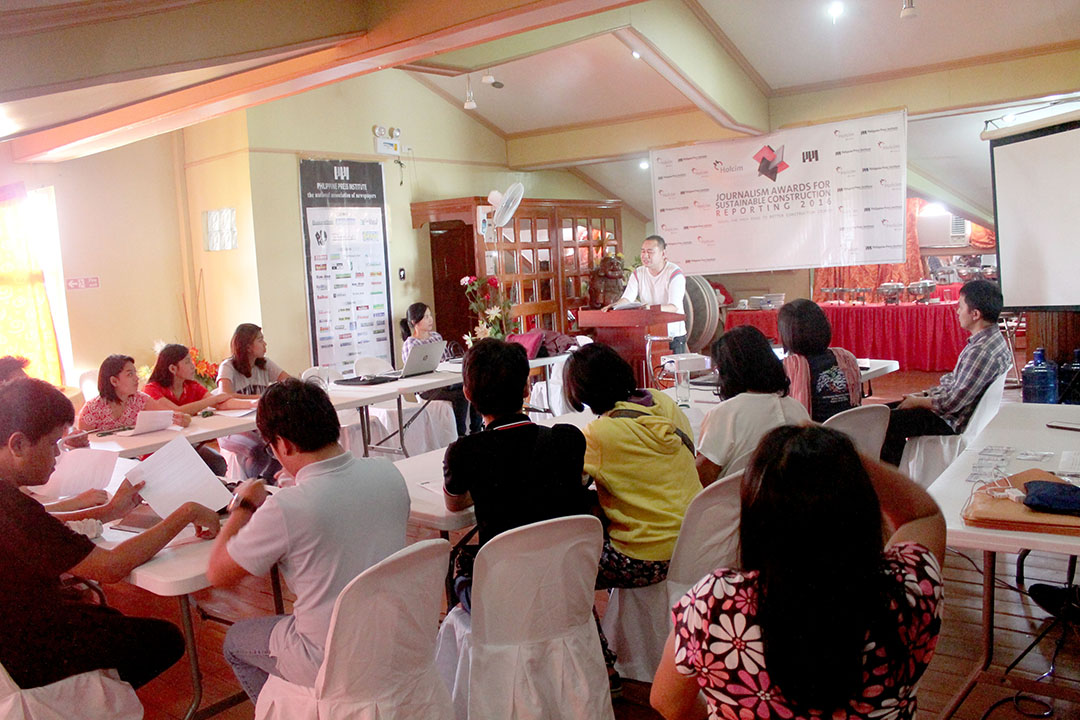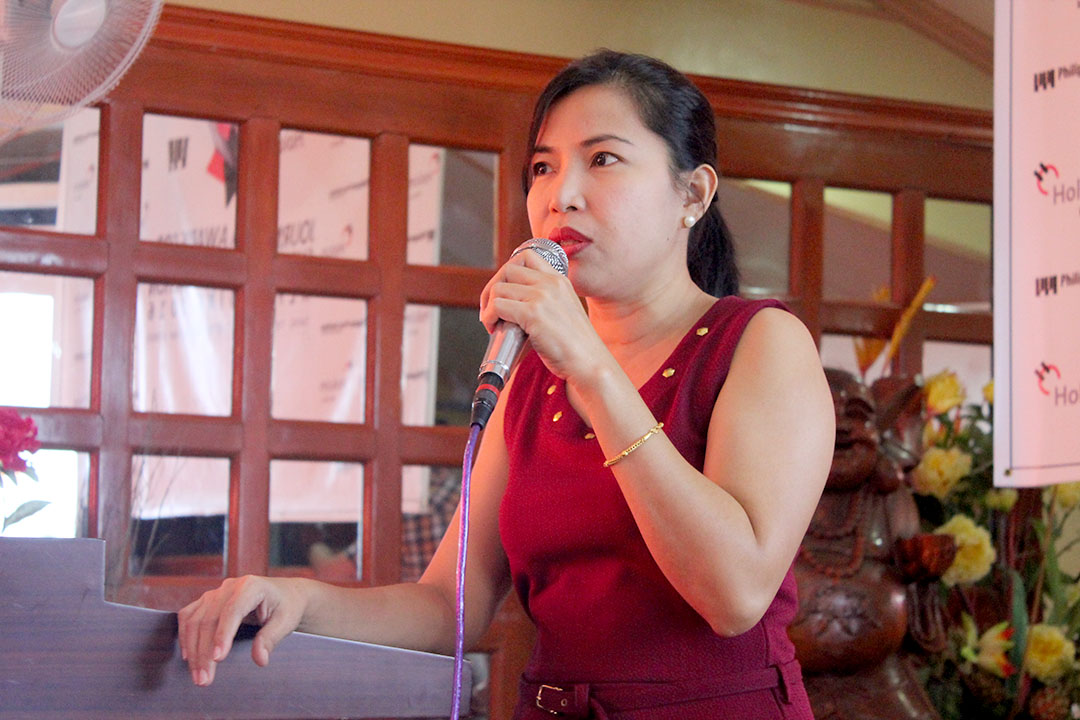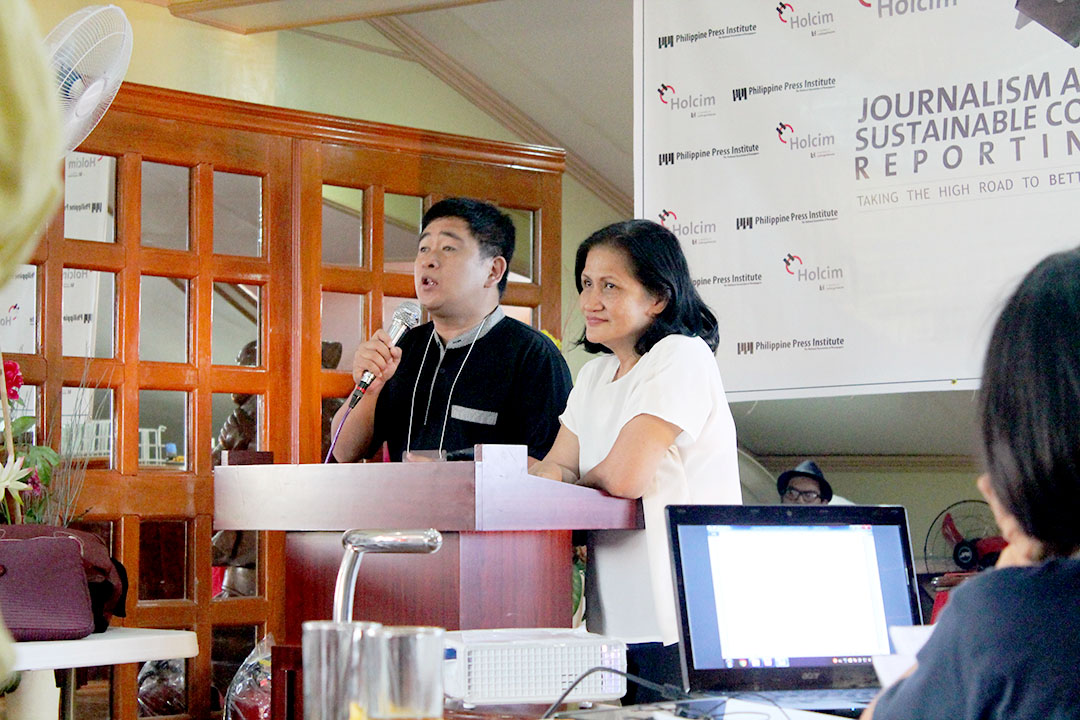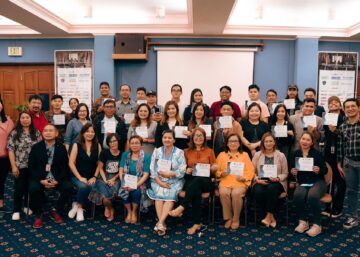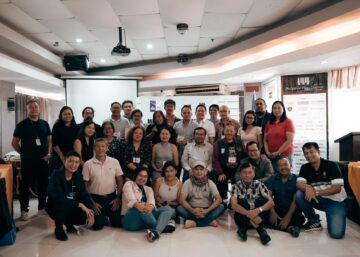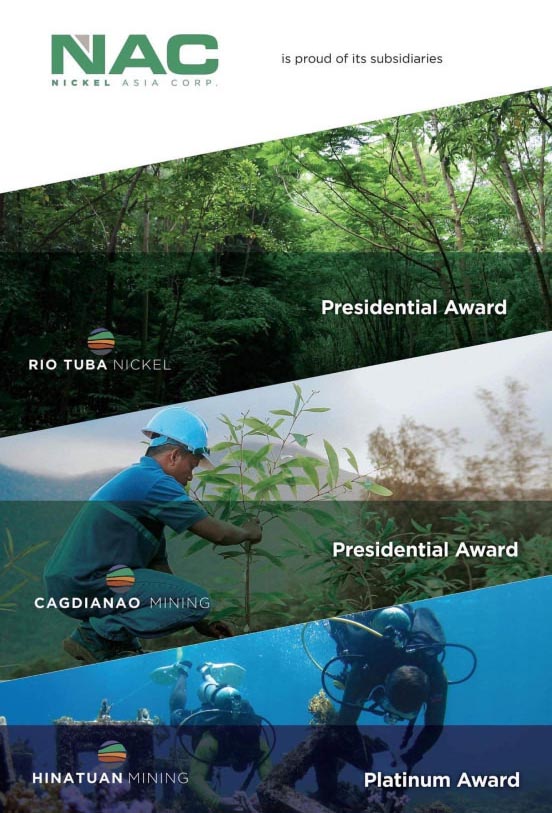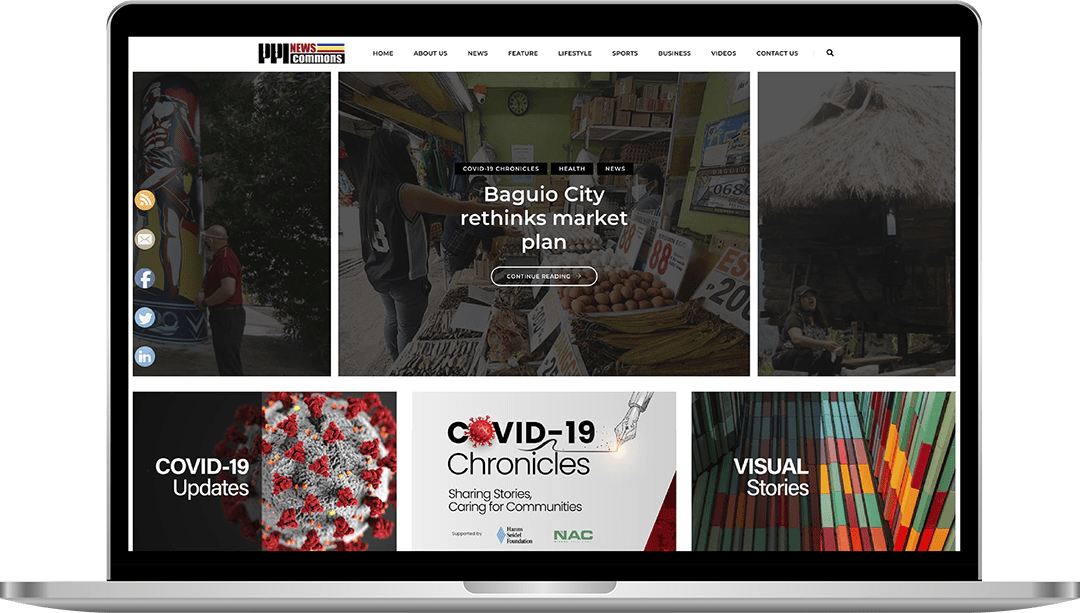A series of seminar-workshops for media practitioners on the links between the con-struction industry and sustainable growth is set to kick off next week.
The Philippine Press Institute (PPI) and Holcim Philippines, Inc. are undertaking this joint initiative, which builds on a similar, albeit more basic, training two years ago.
The new round of seminar-workshops by PPI, the national association of newspapers, and Holcim, a building materials and aggregates company, aims to see more nu-anced and in-depth reporting on the construction sector, highlighting its role in help-ing achieve sustainable and inclusive growth while focusing the spotlight on relevant issues affecting Luzon, Visayas, and Mindanao.
With the theme “Taking the High Road to Better Construction Stories,” the training series also seeks to help the media explore unreported and underreported issues sur-rounding the industry, ideally set within the framework of civic journalism, PPI’s flag-ship program.
Holcim Philippines advocates sustainable construction practices that contribute to lasting and broad-based development.
PPI’s thrust of “Building Better Communities through Civic Journalism” is in line with its goal of giving voice to the concerns and aspirations of communities and sectors that otherwise are not being heard in the public sphere or in the mainstream media.
The PPI-Holcim trainings call to mind two of the 17 United Nations Sustainable De-velopment Goals (SDGs) that replaced the Millennium Development Goals and were adopted by world leaders last year.
Goal 9 of the SGDs falls within the purview of the construction industry, among other concerned sectors: “Build resilient infrastructure, promote sustainable industrializa-tion and foster innovation.”
Goal 11 is a call to “make cities and human settlements inclusive, safe, resilient and sustainable.”
The PPI-Holcim training will be held in each major island group, with the Luzon leg scheduled for April 27 to 29 in Padi, Bulacan. Participants from the Visayas will gath-er in Tagbilaran City, Bohol, on May 4 to 6; and those from Mindanao in Malaybalay, Bukidnon on May 18 to 20.
Non-PPI members have also been invited to participate in the training workshops.
Regional focus
Tess Bacalla, PPI’s training director, said the seminar-workshops will also be high-lighted by discussions on relevant regional issues, which will be facilitated by re-source speakers. These will be followed by field visits that will allow the participants to take a deeper look into such issues and how these manifest on the ground, while pursuing stories that will serve as their group outputs during the workshop.
Journalists from Luzon will look into the status and quality of relocation shelters in Bulacan, which continues to be among the top relocation areas for informal settlers from Metro Manila.
Media participants from the Visayas will focus on the state of reconstruction and re-habilitation programs in Bohol, three years since the province was struck by a 7.2-magnitude earthquake that reduced infrastructure gems such as centuries-old churches and ancestral houses to rubble.
In Mindanao, participants will learn about the living conditions of lumad, or indigenous groups, including those that have been displaced from their communities and are cur-rently staying in temporary facilities in Bukidnon.
The workshop-seminar series complements the Journalism Awards on Sustainable Construction Reporting (JASCOR), a Holcim-sponsored program undertaken in part-nership with PPI. National and community newspapers vie for the yearly awards, which are given out in ceremonies held in October.
Now on its third year, JASCOR hopes to promote excellent reporting on the construc-tion industry through the lens of sustainability, and thus generate increased public awareness and appreciation of, as well as support for, sustainable construction efforts.

